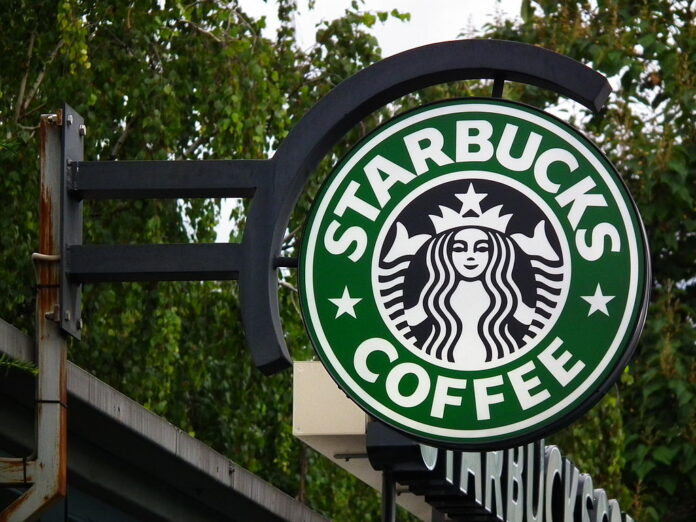Brian Niccol’s significant compensation and the use of a corporate jet for his 1,000-mile commute spark debate over Starbucks’ environmental and leadership commitments.
Starbucks has unveiled its new CEO, Brian Niccol, who will commence his role next month with a notable arrangement: a corporate jet for his 1,000-mile commute between his home in Newport Beach, California, and the company’s headquarters in Seattle, Washington. This move comes as Starbucks aims to navigate a period of declining sales and internal transitions.
Niccol, who previously led Chipotle and held senior roles at Taco Bell and Pizza Hut, is set to earn a base salary of $1.6 million annually. However, his total compensation package could reach up to $100 million in the first year, including equity and bonuses. This high-profile hiring follows the abrupt departure of Laxman Narasimhan earlier this month.
The use of a corporate jet has drawn criticism, particularly in light of Starbucks’ pledge to halve its carbon footprint by 2030. The company’s environmental commitments, including efforts to reduce plastic waste, seem at odds with the luxury travel arrangement for its new CEO. Critics argue that the decision undermines Starbucks’ sustainability goals and sets a poor example for both employees and customers.
Alethea Warrington from the climate charity Possible described the plan as “an utterly grotesque mockery” of the company’s environmental claims. The backlash on social media has been swift, with many users questioning how a 1,000-mile commute by private jet aligns with Starbucks’ environmental policies.
Despite the controversy, Starbucks maintains that Niccol’s compensation and travel arrangements reflect his successful track record and are designed to align with company performance. A spokesperson for Starbucks emphasized that Niccol’s primary office will be in Seattle and that he will spend a significant amount of time at the company’s support centre, as well as visiting various locations globally.
Niccol’s arrival is expected to steer Starbucks through challenging times. The company has faced declining sales and boycotts linked to geopolitical issues, including the recent conflict in Gaza. With Niccol’s previous successes in revitalizing Chipotle, Starbucks hopes his leadership will restore growth and stability.
Analysis:
Political:
Niccol’s appointment and his compensation package intersect with broader political debates on executive pay and corporate responsibility. Critics argue that such lavish perks for executives can be seen as contradictory to corporate social responsibility claims, particularly when public and governmental scrutiny is high regarding environmental and social governance (ESG) issues.
Social:
The decision to provide Niccol with a corporate jet highlights ongoing societal debates about income inequality and corporate ethics. The stark contrast between executive compensation and the financial realities faced by average employees can fuel perceptions of inequality and erode trust in corporate leadership. The backlash against the use of a private jet underscores growing public sensitivity to environmental issues and corporate accountability.
Racial:
While the specifics of Niccol’s compensation and travel arrangements do not directly relate to racial issues, the broader conversation about corporate ethics and social responsibility is relevant to diverse stakeholders, including minority communities who often advocate for more equitable and environmentally responsible corporate practices.
Gender:
The gender dynamics in this scenario reflect broader issues of representation and equity in corporate leadership. Niccol’s high compensation and perks highlight a gender disparity in executive pay and benefits, a topic that continues to be relevant in discussions about gender equality in the workplace.
Economic:
Economically, Niccol’s substantial compensation package and the use of a corporate jet are seen as investments in a leader who is expected to drive significant financial returns for Starbucks. However, the cost associated with these perks and the potential backlash can impact public perception and stock performance. The debate also touches on the balance between rewarding high-performing executives and addressing concerns about corporate spending and sustainability.
